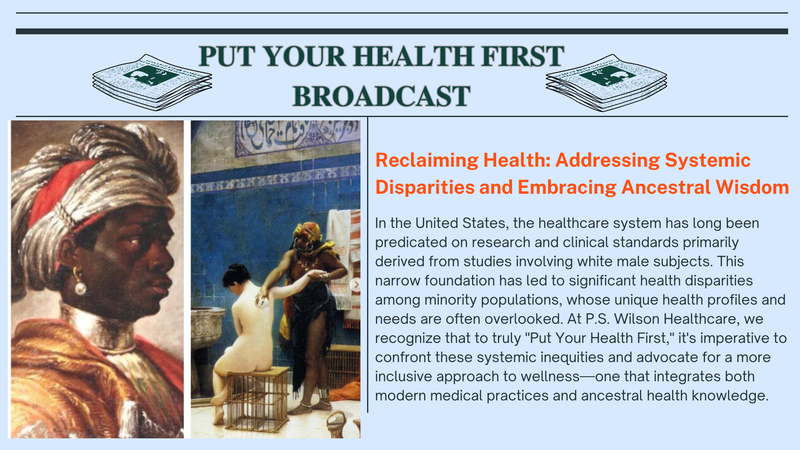
The Foundation of Disparities
Historically, medical research in the U.S. has predominantly focused on white male participants, leading to a healthcare framework that does not adequately represent or serve the diverse population it aims to heal. This oversight has resulted in:
-
Misdiagnoses and Delayed Treatments: Symptoms presenting differently across ethnic groups can lead to misinterpretation and delayed care. For example, heart disease symptoms in women and minorities often differ from those in white males, leading to underdiagnosis.
-
Inequitable Health Outcomes: Minority communities experience higher rates of chronic conditions such as diabetes, hypertension, and certain cancers, partly due to a lack of tailored preventive measures and treatments.
-
Barriers to Access: Economic, geographic, and cultural obstacles further exacerbate the difficulty minorities face in obtaining quality healthcare.
A report by the Commonwealth Fund underscores that Black, Hispanic, and Native Americans receive less effective and timely healthcare than white Americans in all 50 states, highlighting the pervasive nature of these disparities. BMJ
The Imperative of Ancestral Health Practices
In light of these systemic challenges, minority communities are increasingly turning to ancestral health practices to reclaim agency over their well-being. These traditional methods, honed over generations, offer holistic approaches that modern medicine is beginning to acknowledge and integrate:peppino.org
-
Herbal Medicine: Utilizing plant-based remedies for prevention and treatment, a practice deeply rooted in various cultures.Popsugar
-
Nutritional Wisdom: Dietary practices that emphasize whole, unprocessed foods aligned with cultural traditions.
-
Mind-Body Practices: Techniques such as yoga, meditation, and tai chi, which have origins in non-Western traditions, promote mental and physical health.
Embracing these practices not only fosters individual health but also serves as a form of resistance against a system that has historically marginalized minority voices. As highlighted by the HIRA Collective, ancestral healing is gaining recognition as a transformative approach to health and well-being, deeply rooted in indigenous wisdom traditions worldwide. divergentcro.comthehiracollective.com+1womensustainability.com+1
Integrating Traditional and Modern Healthcare
While ancestral practices offer valuable insights, integrating them with modern medical care can provide comprehensive health benefits. This integrative approach encourages:
-
Cultural Competence in Healthcare: Training providers to understand and respect cultural differences in health beliefs and practices.
-
Patient Advocacy and Education: Empowering patients from minority backgrounds to seek care that acknowledges and incorporates their cultural health practices.
-
Policy Reforms: Advocating for research that includes diverse populations to inform more equitable healthcare practices.
By bridging the gap between traditional wisdom and contemporary medicine, we can work towards a healthcare system that truly serves everyone.
Conclusion
At P.S. Wilson Healthcare, we believe that putting your health first means acknowledging the shortcomings of the current healthcare system and actively seeking inclusive, culturally sensitive solutions. By embracing ancestral health knowledge and advocating for systemic change, minority communities can reclaim control over their health outcomes. This National Minority Health Month, let's commit to a future where healthcare is equitable, inclusive, and respectful of all cultural traditions.
References:
-
Commonwealth Fund Report on Racial Disparities in Healthcare:
BMJ -
HIRA Collective on Ancestral Healing:
thehiracollective.com -
Statista Data on Racial and Ethnic Health Disparities:
Statista
Add comment
Comments